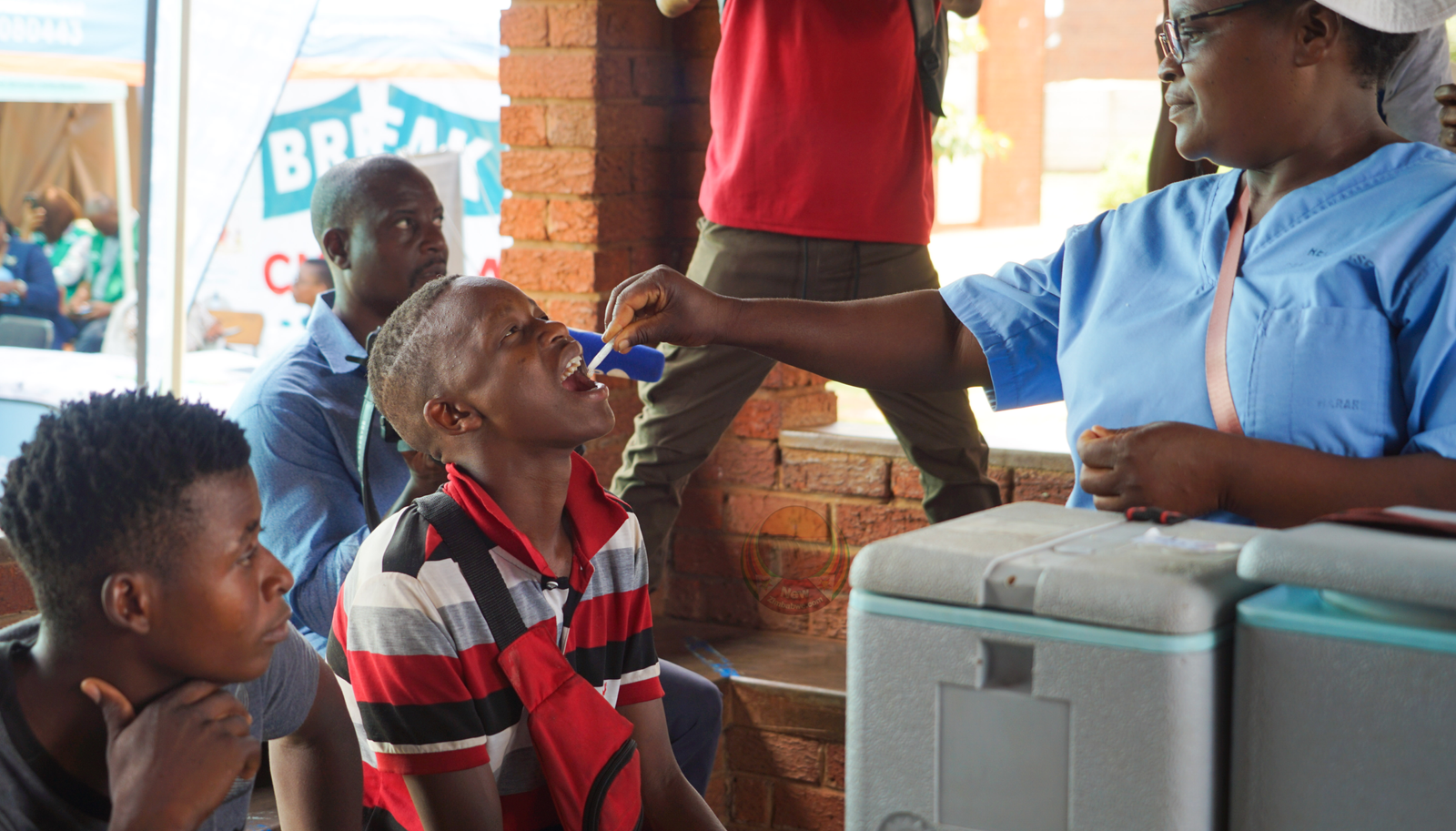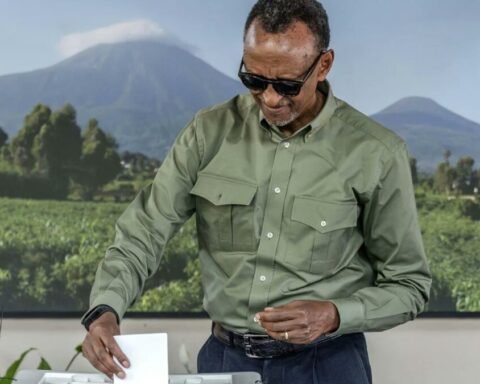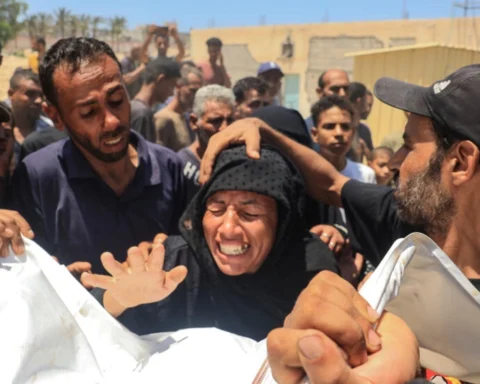In a dire revelation, the Africa Centres for Disease Control and Prevention (Africa CDC), the leading health advisory body for the continent, has attributed the continent’s most severe cholera outbreak in three years to the impacts of climate change. The organization warns that adverse weather conditions are escalating the risk of cholera at a faster rate in Africa than in the rest of the world.
The current crisis is exacerbated by widespread flooding in the Democratic Republic of Congo and throughout much of southern Africa, putting immense strain on already fragile health systems. The floods also limit access to safe water and sanitation, compelling people to evacuate their homes.
Jean Kaseya, the Director-General of Africa CDC, emphasized the link between cholera and climate change, stating, “Cholera in Africa is a climate change issue.”
Over the past year, cholera outbreaks have swept through more than a dozen African countries, resulting in hundreds of fatalities from rural Zambia to the outskirts of South Africa’s capital, the continent’s most developed nation.
Despite Africa being the region least responsible for climate change, it is one of the most severely impacted by adverse weather conditions caused by a warming world.
Treatment for cholera is generally successful through the prompt administration of oral rehydration solution. However, challenges arise in communities with low pre-existing immunity due to low vaccination rates and overall poor health.
Compounding the crisis is the current shortage of cholera vaccines, hindering efforts to contain the bacterial disease. Globally, only 15 to 18 million doses are available, while Africa urgently requires up to 80 million doses, according to Kaseya.
The situation is critical in various African nations. Zambia, for instance, has secured 1.7 million doses but requires 3.2 million. Zimbabwe needs 3.2 million doses but has only obtained 800,000, and the Democratic Republic of Congo is in a dire situation, needing 5 million doses with none secured. Gavi, an international vaccine alliance, is actively working to secure additional doses, as reported by Kaseya.
This alarming situation highlights the urgent need for international cooperation and support to address the cholera crisis in Africa, where climate change is disproportionately impacting the region’s health and well-being.








